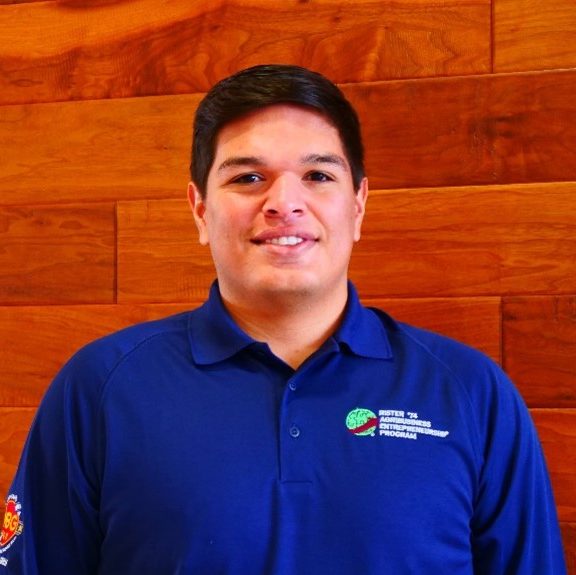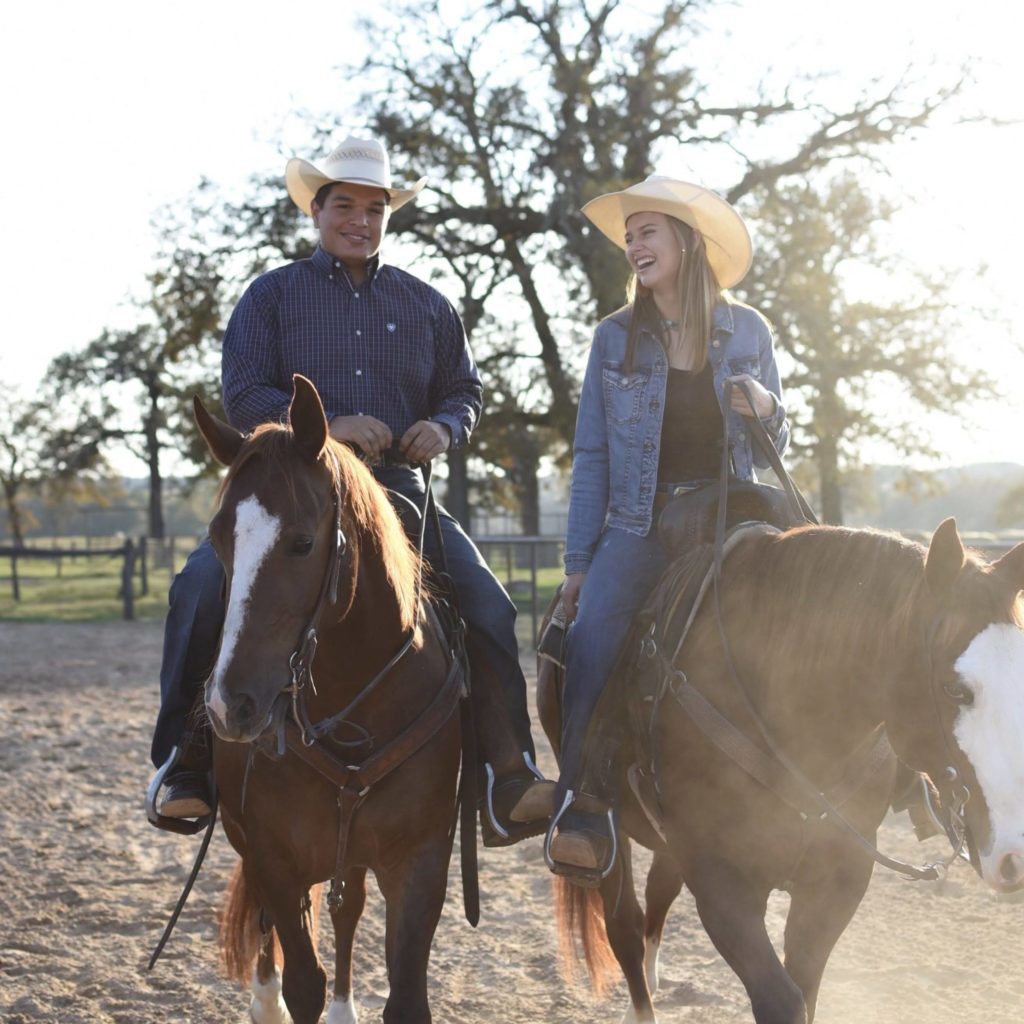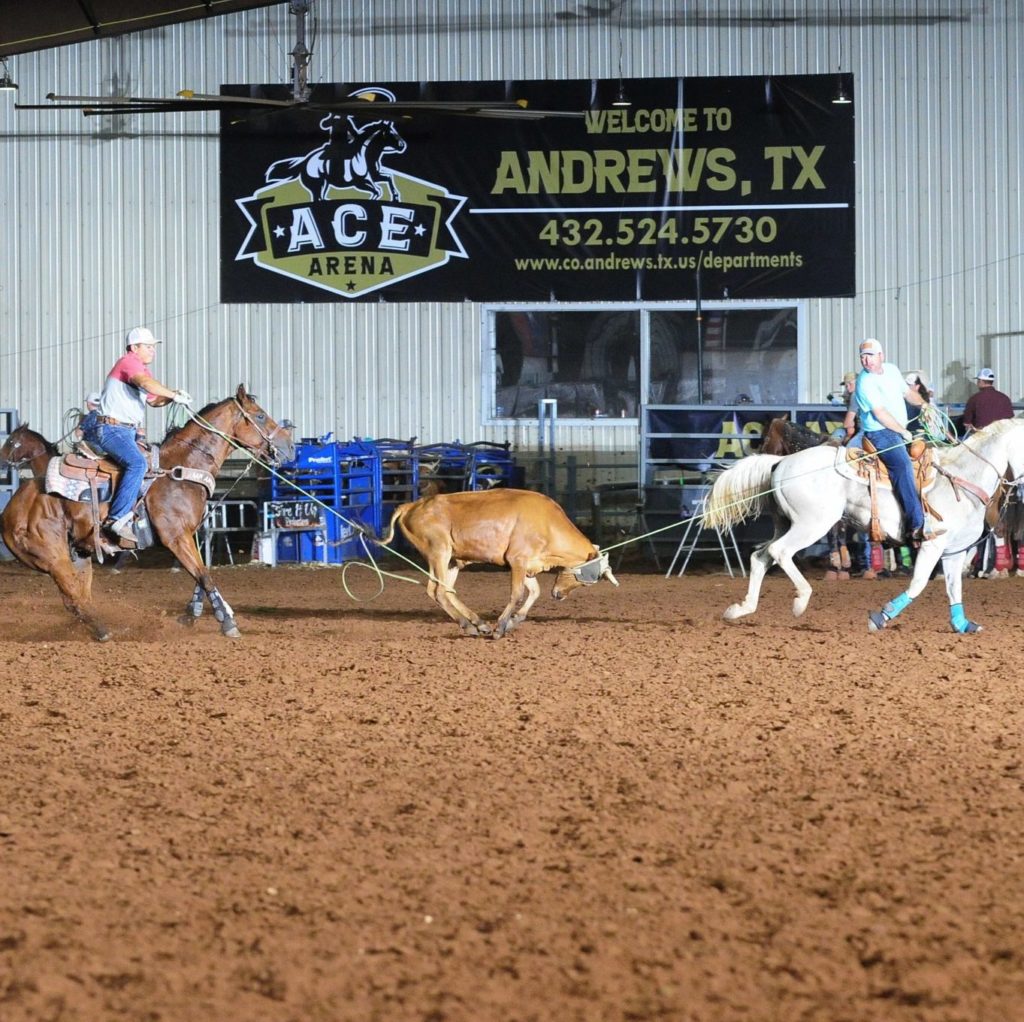José Contreras ’22 designs arenas to build world champions



About José
José Contreras '22 is an animal science major with a minor in agribusiness entrepreneurship from Del Rio, Texas. He plans to graduate in May 2022.
What motivated you to join the Rister '74 Agribusiness Entrepreneurship Program?
I always knew that I wanted to become an entrepreneur someday, but I always thought that to become an entrepreneur, going to school to learn to become one was unnecessary. Looking back, I realize how unprepared I was, and I am glad I chose to take the Agribusiness Entrepreneurship minor. I initially heard about the program from my former boss at ST Genetics, Gustavo Toro. At the time, I was a freshman in college, and the last thing I wanted to do was to add on more hours to my degree plan. Fast forward to my junior year in college, I had a class with Makenna Hawkins-Peevey, the smartest girl in my animal science classes. After discussing some of my career goals with her, she encouraged me to take the Agribusiness Entrepreneurship minor with Dr. Rister. Initially, I was nervous because I would have to take a 15-hour semester. The most I had ever taken previously was 12 hours, and I also had to Q-drop a class. Somehow, she ended up talking me into it and I am grateful for it. I am now enrolled in 17 hours for my last semester as a senior, and I would do it all over again if I had to because this program has helped me develop my character in so many ways and given me opportunities that I would have never dreamed of.
What does entrepreneurship mean to you?
Entrepreneurship involves being a servant to others and helping those around you.”
What experience did you have with entrepreneurship before this program?
Growing up, I had several entrepreneurs in my life from whom I learned and observed from. My grandfather owned a gas station/restaurant/meat market in Del Rio, and most of my weekends were spent cleaning windows and helping around the store. My father had a cattle trading business, so I helped wherever I could, whether it was feeding cows or cleaning trailers. In high school, I started selling snacks in between classes, and I even had other people selling for me at one point. Once I moved to college, I ended up selling two roping horses that I trained to my future father-in-law, which is how I ended up meeting my fiancée, Abby.
What is the most important lesson you've taken away from your time in this program?
I learned that there is a lot more than what meets the eye to becoming an entrepreneur. I learned that it involves lots of planning and taking calculated risks and that entrepreneurship is not for the faint of heart. As I progressed from AGEC 324 to AGEC 425, the class size got a lot smaller and the workload got heavier. I learned that there is a lot to learn from people around you and most are willing to help if you ask and that a positive attitude and a hard work ethic are common amongst successful entrepreneurs. Most importantly, I learned how to ask the right questions.
How have you been impacted by the people you've met through this program?
I learned from Lorenzo Gomez the importance of developing a board of directors in your life. Lorenzo called it a “superpower” to use use the knowledge of the smartest people you can find and deputize them to be on your personal board of directors. I enjoyed reading Lorenzo’s book, and I found that I could relate to a lot of his experiences because of our similar cultural upbringing. I am constantly seeking opportunities to learn and develop into a better person every day. I can say that I would not have made it this far without seeking greater counsel.
Dr. Rister has played a monumental role in my life as a professor, mentor, and guide. Before taking his classes, I have always had entrepreneurial dreams, but he has helped me make it become a work in progress.
José Contreras '22
About José's Business Enterprise
Contreras Covered Arenas is an enterprise targeting customers of the equestrian community located around the primary breeding and ranching areas in Denton County, north of Fort Worth and almost to the Oklahoma border. This area is known as horse country, and there are many different disciplines such as cutting, reigning, and the reining cow horse that attract horse owners from around the world to move to this area.
Why did you choose this business?
Growing up, I did not have the nicest facilities that a lot of people had to practice team roping. A couple of old, rotted railroad ties held together with some rigid wire fence panels is what I had to practice in. It was nothing fancy, but it was enough for me to create some of the best memories that I have to this day. Unfortunately, the arena was often either too hot, too cold, or too wet to use. I always wished that I could have had a covered arena to practice in.
I chose this business because I want to help other people have the opportunity that I never had to become the best at whatever discipline they decide to pursue. Whether it be team roping, cutting, reining, jumping, or even getting to spending quality time riding with grandchildren, I want to be a part of helping build world champions.
What is unique about your business?
What makes my business unique is the diverse events and disciplines it can tend to in the equestrian industry. Some people may use the arena to teach kids how to ride horses, while others may be using it to train the next million-dollar cutter.
What challenges have you faced throughout the duration of your project?
One of the challenges I faced as I conducted my business analyses was finding the costs of building the arena. I would get bogged down trying to estimate every little cost that I would incur. The first approach I took was a do-it-all approach, which meant I was trying to estimate what it would cost for me to do everything from the ground up. With my lack of experience, it was challenging because no one would tell me what it actually costs them to do the work. I ended up taking a general contractor approach of figuring out what each trade company would charge and based my analyses off of those numbers.
How have you adapted to better prepare for the future?
I would say that I have better prepared for the future by striving to be better than I was the day before. I have begun waking up earlier to either work out or read the Bible. I became a better listener, and I applied it to my life. There are many things I have changed in my life in the past year, but all have been for the better. One Bible verse has changed the way I prepare myself: “Do you not know that those who run in a race all run, but one receives the prize? Run in such a way that you may obtain it.” (1 Corinthians 9:24)
What have you learned about yourself through this process?
I have learned that I am capable of more than I initially thought of myself. The only thing holding me back is my negative conscience. I learned that I am not able to do this all by myself and it is okay to stop and ask for help. I learned that by getting rid of things that were time wasters in my life, I could become a better person.
What's next for José and Contreras Covered Arenas?
José has accepted a job offer from a home building company, and will be learning how to build houses from the ground up. About his plans, he said, "I saw a great opportunity to learn and gain the experience that I lack. I plan on working in the industry for a number of years before deciding what my next step will be. I just might be the next new homebuilder in town someday. Another business I aspire to be in is in the business of saving souls. I want to be able to teach and preach God’s word to those around me."
"I asked my mentor Mark Froman, 'How will I know when I am ready to become an entrepreneur?' He paused for a moment, like he usually does, and then he told me, 'You will know when you are ready when you have multiple contacts for every trade; when you are able to understand how long a project should take, what the cost is, the schedule of payments, the contractional language and agreements; and when you know all the suppliers in an area. Once you are able to do all these things, then you are ready.” While I may not be doing my exact AGEC 425 project, I will end up doing something very similar.
